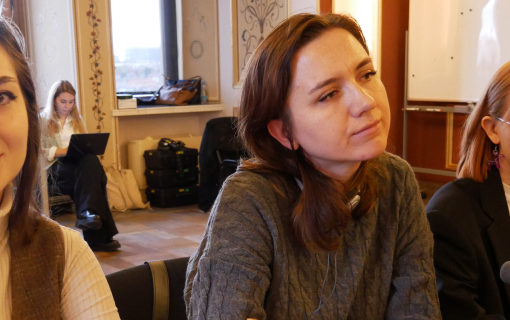Democracy, Economy and Gender In Uganda: A Report of a National Sample Survey
EXECUTIVE SUMMARY
In the run-up to Uganda's referendum of June 29, 2000, a national sample survey was conducted of a representative cross-section of 2271 adult Ugandan citizens. The survey covered all four regions of the country (northern, eastern, central and western), including 36 of the 45 administrative districts. The purpose of the survey was to assess popular attitudes to democracy, economy, civil society and gender.
Referendum 2000
• Of intended voters surveyed before the referendum, 91 percent said they would support the movement and 7 percent preferred the multiparty side, figures almost identical to the actual vote tally.
• But actions speak louder than words. Whereas 83 percent said that they intended to vote in the referendum, only 52 percent actually voted according to the Electoral Commission. We suspect that the discrepancy between expressed voting intention and actual voter turnout conceals an element of silent boycott.
• Moreover, Ugandans do not distinguish clearly between elections and referenda, with 62 percent thinking that these two voting events are "the same thing".
• Most people heard about the referendum through informal channels like friends (87 percent) and family (71 percent), though a majority (59 percent) claimed contact with "civic educators".
• More than half of all Ugandans thought that media coverage of the referendum was balanced; when bias was perceived, however, three-quarters said that information was tilted to the "government" side.
• The lopsided referendum result is moderated if the question is differently posed. Fewer Ugandans, though still a clear majority (72 percent), are willing to give the present political system "more time to solve inherited problems"; but almost one in four (22 percent) thought that "if our system of government can't produce results soon, we should try another system".
• Similarly: although an overwhelming majority of survey respondents (84 percent) agree that we "should keep the present movement system", a sizeable minority (37 percent) simultaneously agrees that "we should have many political parties that compete in free elections".
Democracy
• Most survey respondents declared themselves "interested" in politics and government (83 percent). The minority in Uganda who said they were "not interested" was far smaller than in other African countries like Nigeria or Ghana.
• Ugandans frequently engage in community-based activities: for example, 81 percent claim to have attended a community meeting versus 66 percent of Zambians.
• Men were significantly more likely than women to say that they felt politically competent, for example by being able to influence the political opinions of other people (72 versus 54 percent).
• When it comes to participation in civic life, Ugandans are just as likely to use informal political networks (like churches) as formal organizational channels (like local government). They rarely turn to their parliamentary representatives for help to solve problems. Various survey results suggest that the quality of political participation in Uganda is more "mobilized" than "autonomous," with citizens responding to the social pressures of a mass movement.
• In Uganda, fewer citizens are aware of the term "democracy" (74 percent) than in six other African countries where this question was asked in 1999-2000.
• To Ugandans who know about it, democracy means civil liberties (20 percent), government by the people (13 percent), and voting rights (8 percent).
• To many Ugandans, democracy also means peace and unity (14 percent). In their view, it is a system of government that puts an end to political violence and unites and stabilizes the country.
• Almost two-thirds of all citizens consider the form of democracy practiced in Uganda to have "major" (32 percent) or "minor" (32 percent) shortcomings.
• Regional differences were important on most political attitudes. For example, northerners were most likely to say that Uganda was "not a democracy" (24 percent), whereas easterners and westerners were inclined to consider that Uganda had attained "full democracy" (33 and 30 percent respectively).
Read the Full Report.









